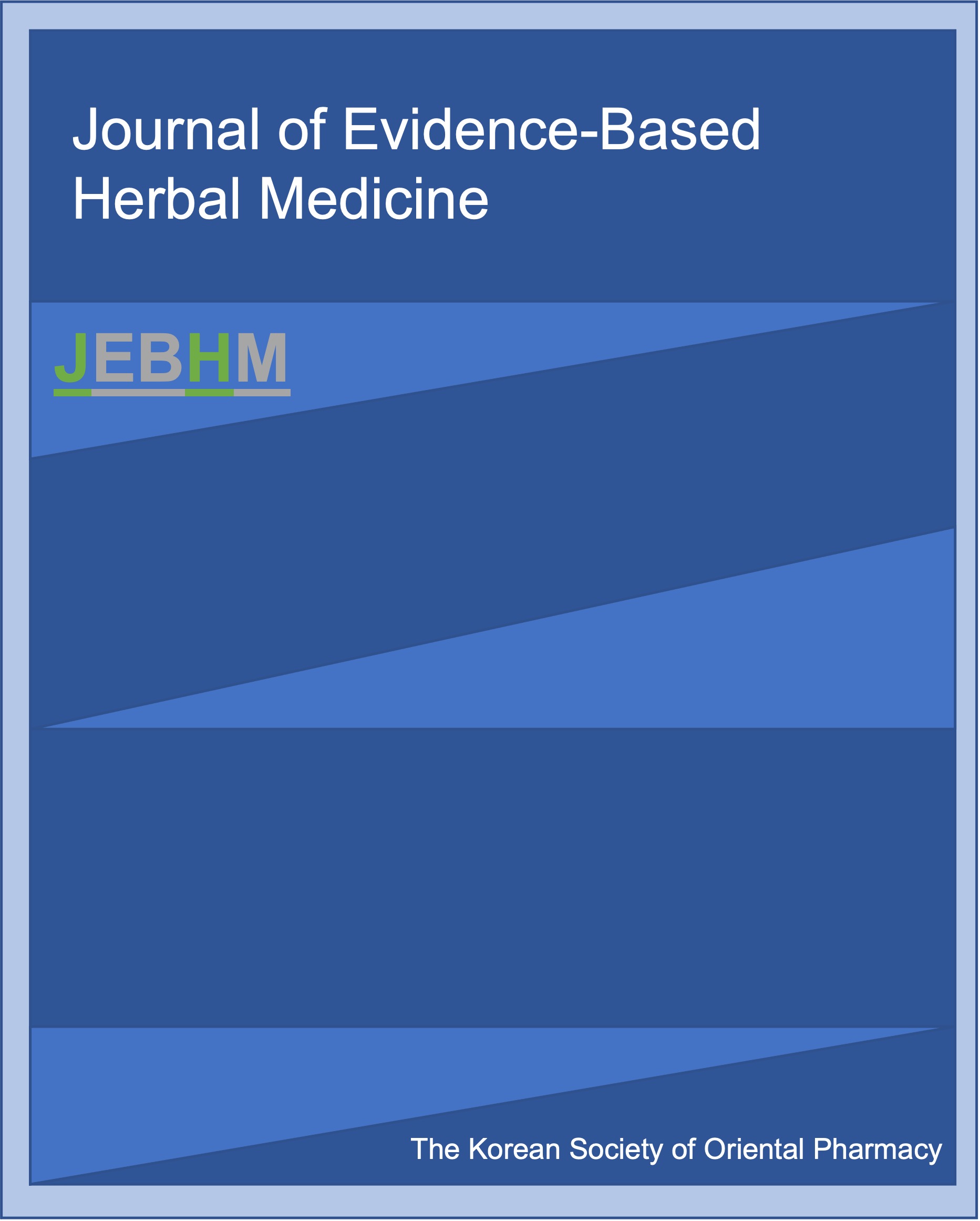The effects of tanshinone I on memory consolidation in mice
The effects of tanshinone I on memory consolidation in mice
Huiyoung Kwon (Dong-A University)
Ho Jung Bae (Changwon National University)
Abstract
Cognitive impairment is a hallmark of neurodegenerative diseases such as Alzheimer's and Parkinson's, leading to significant impacts on patients' quality of life and a substantial healthcare burden. Tanshinone I, a bioactive compound from Salvia miltiorrhiza, has been investigated for its neuroprotective and cognitive-enhancing properties, particularly for memory consolidation. This study aimed to evaluate the effects of tanshinone I on memory consolidation in mice. Electrophysiological experiments showed that tanshinone I enhanced long-term potentiation (LTP) in hippocampal slices, indicating an improvement in synaptic plasticity. Behavioral assessments, including the passive avoidance test and novel object recognition test, demonstrated that tanshinone I significantly improved memory consolidation. Furthermore, immunohistochemistry revealed increased levels of phosphorylated CREB and BDNF in the hippocampus, suggesting that tanshinone I exerts its effects through the upregulation of these crucial memory-related molecules. Collectively, our findings indicate that tanshinone I may serve as a potential therapeutic agent for treating memory deficits associated with neurodegenerative diseases.
- keywords
- : Tanshinone I, Cognitive enhancement, Long-term potentiation, Neurodegenerative disorders, c-AMP response element-binding protein, Brain-derived neurotropic factor
- 투고일Submission Date
- 2024-11-18
- 수정일Revised Date
- 게재확정일Accepted Date
- 2024-11-21
- 다운로드 수
- 조회수
- 0KCI 피인용수
- 0WOS 피인용수


